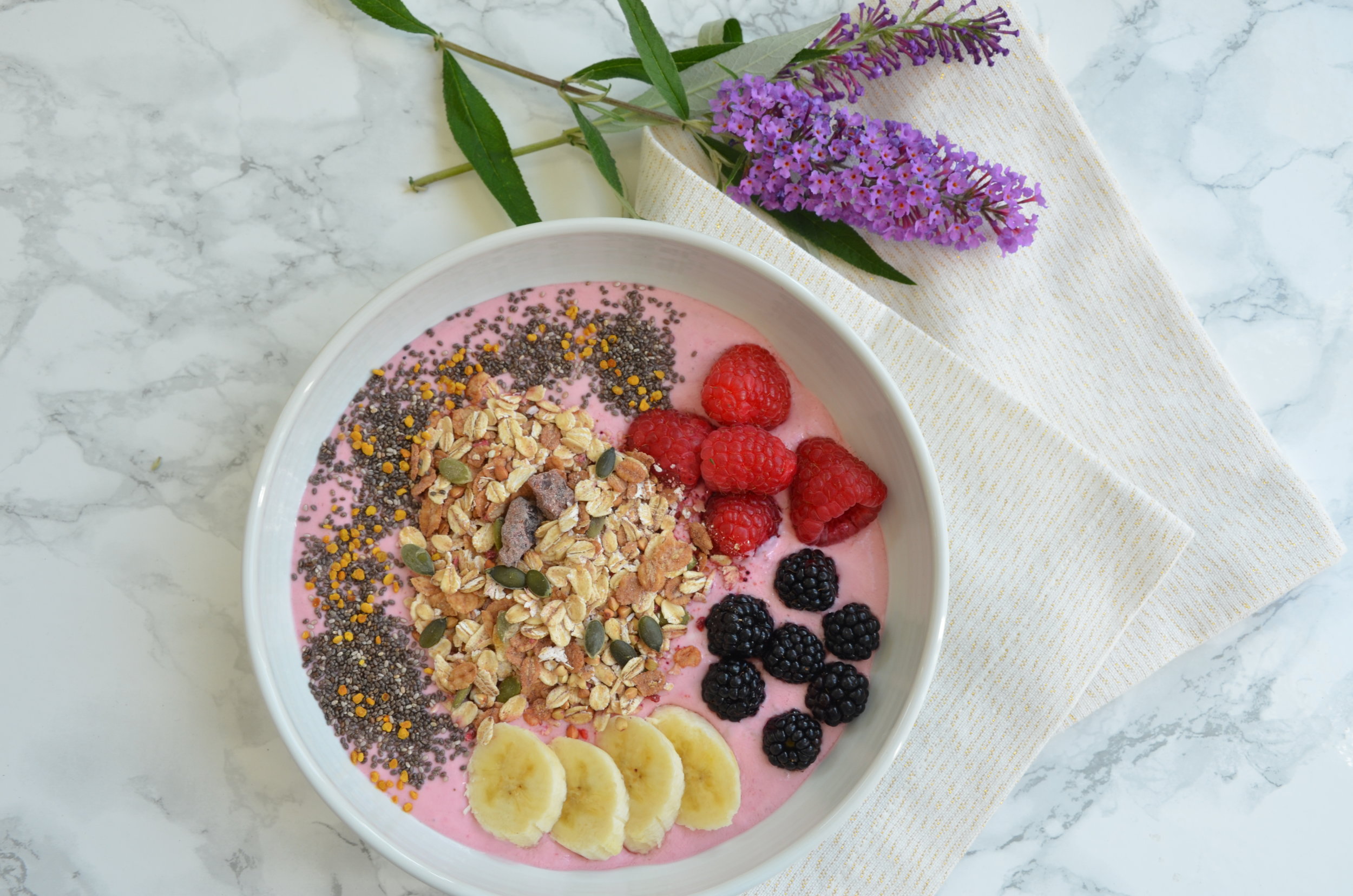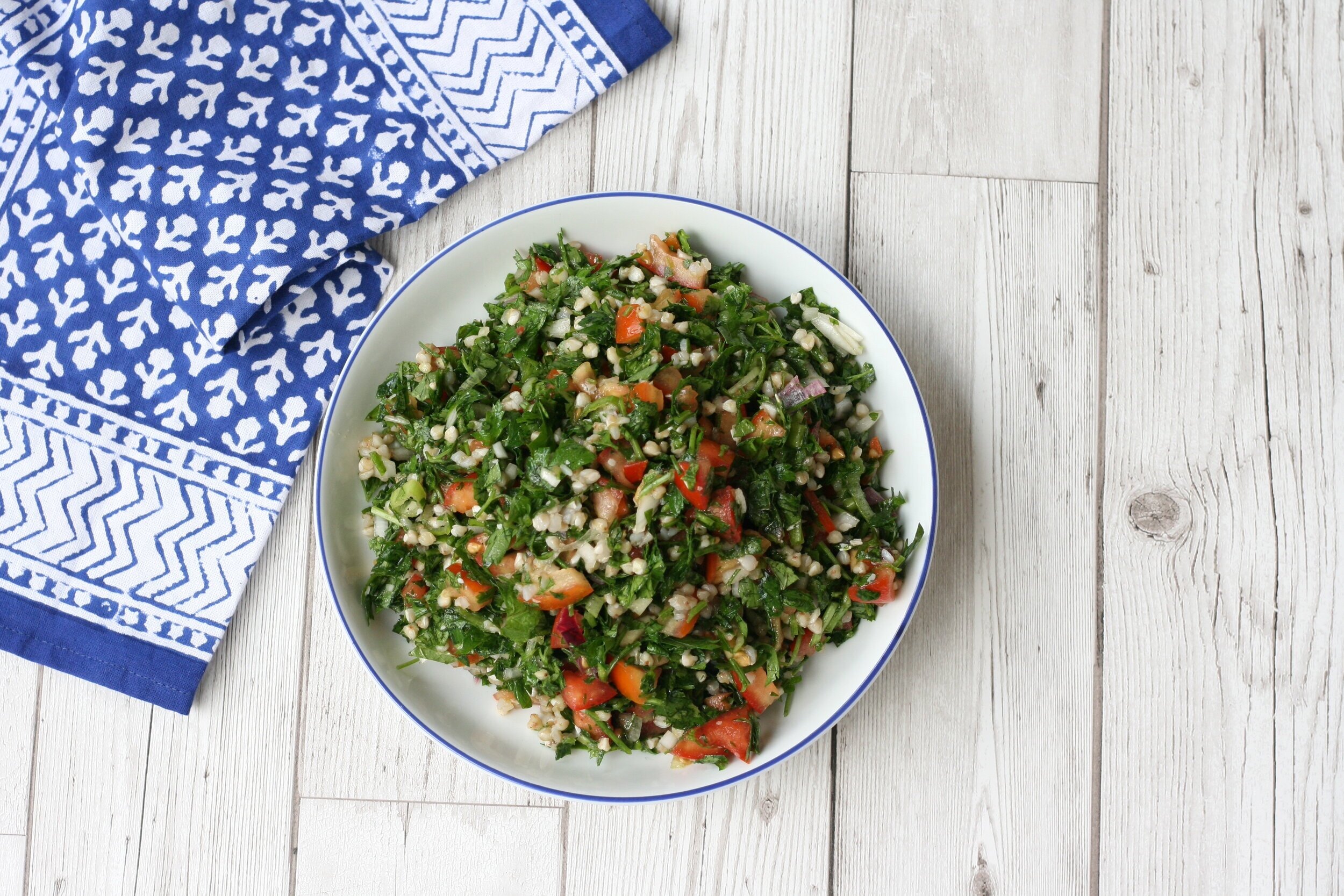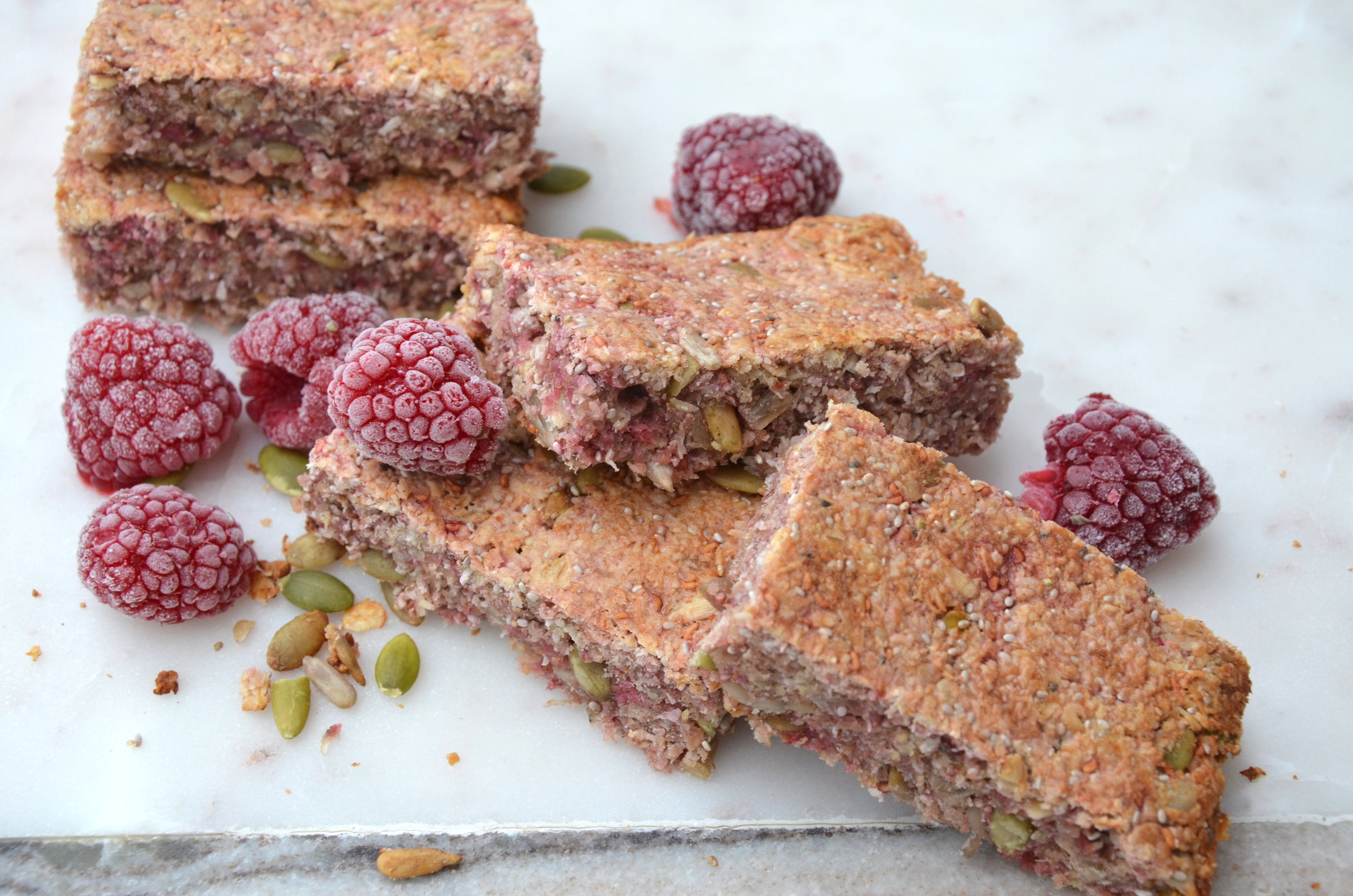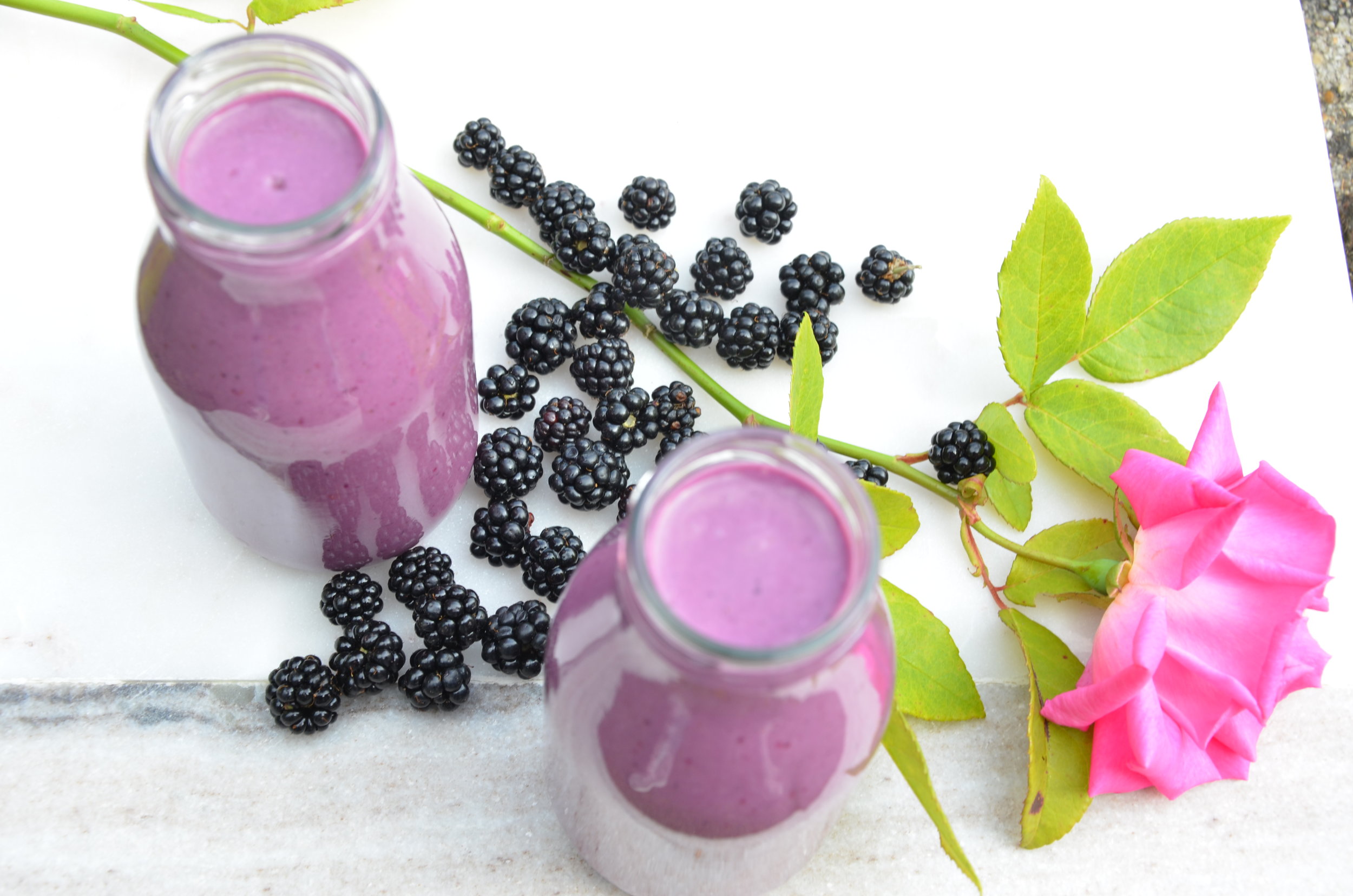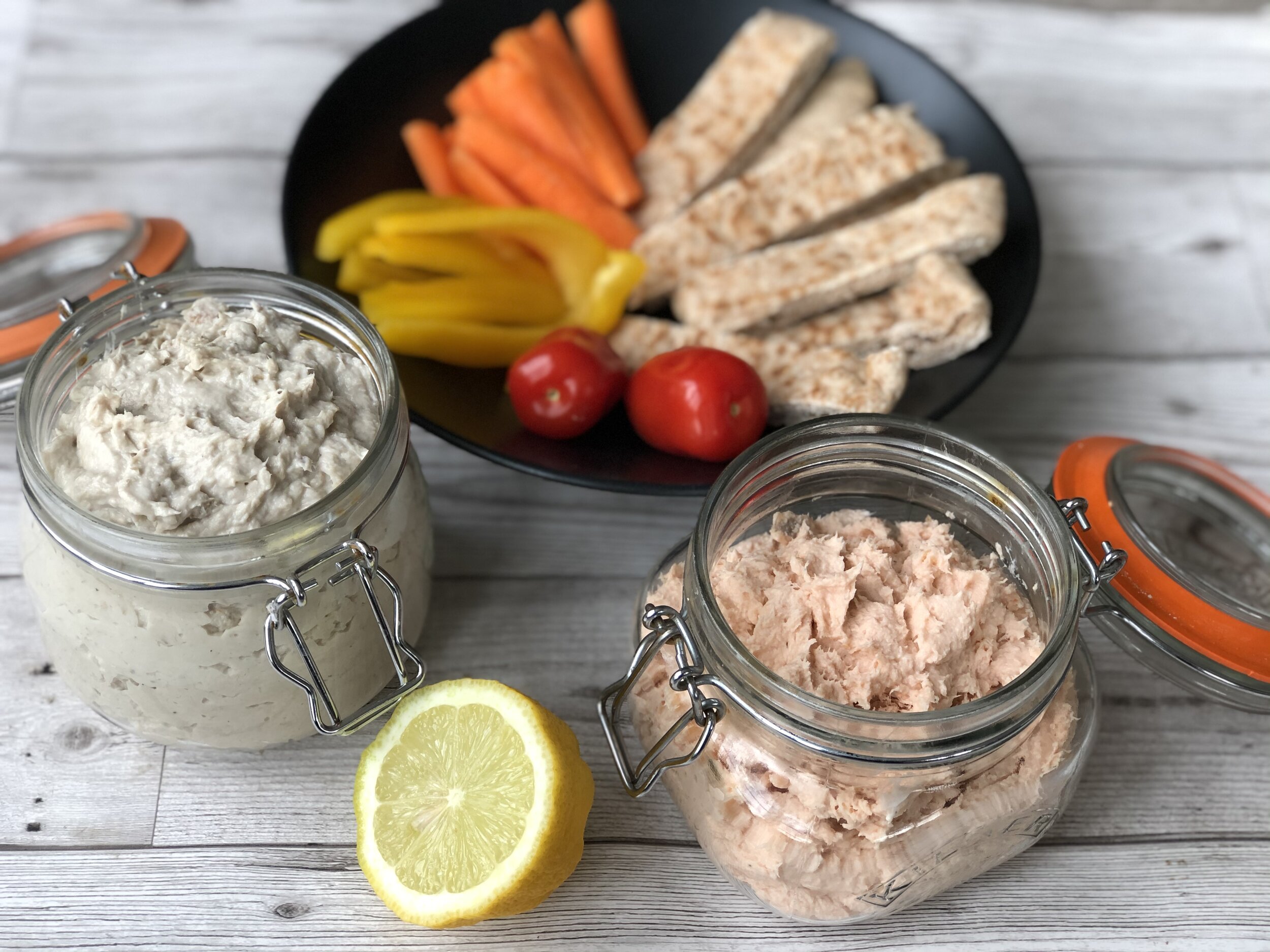what supplements should I take?
I am often asked about taking supplements and which ones I recommend to take regularly. It’s a difficult question to answer as everyone’s diet and requirements are different. I also believe that a good diet should play the most important part in good health. You can’t supplement your way out of a poor diet and we need to make sure we get most of our micronutrients from our diet. Often the nutrients we get from food sources are better absorbed than a pill. Supplements, if taken, should supplement your diet and not replace good food.
Quality of supplements
If you go into a health food shop then the vast array of supplements you can buy is totally overwhelming. There are supplements promising everything and more. The quality of the various different supplements is just as diverse as the amount of supplements. A lot of the supplements you can buy from the supermarket, chemist or your chain health food shop are synthetic and contain lots of fillers and artificial ingredients. With supplements it often does work out that the cheaper brands might not be as viable as the more expensive brands. Often the cheaper brands fill their capsules with excipients (fillers and binders). Some of these fillers have no place in our food chain and I would certainly not recommend buying supplements with a huge quantity of fillers. All supplements have to label every ingredient so it's very easy to spot which brands contain fillers. Some fillers to avoid include
carrageenan - this is used to thicken, but in large quantities can cause stomach upset. It is also often used to thicken ice cream, yoghurt and other processed food. Some research suggests that it can impair insulin action and glucose intolerance and lead to diabetes.
maltodextrin - a sugar that will cause a rise in blood sugar levels and change your gut bacteria
modified corn starch - helps to thicken and stabilise, but could be from GM corn
sodium benzoate - a preservative that can cause allergic reactions such as asthma attacks or hives in some people
sorbitol - used as a sweetener in tablets, but is glucose sugar. In people prone to digestive issues it can cause bloating and discomfort.
magnesium stearate - used to stop ingredients sticking to machinery in the manufacturing process. However it is usually made from hydrogenated vegetable oil and thus a source of trans fats.
These are just a few of the fillers that are found in many of the cheaper brands. So next time you are looking at supplements look at the ingredient list!
I'm on medication can I take a supplement?
If you are on any medication at all then my advice would be to consult with your GP, nutritional therapist or another professional. There are several reasons for this, firstly a supplement can interact with your medication. For instance someone on Warfarin needs to make sure they avoid taking a fish oil supplement without consulting their doctor as there is an increased risk of bleeding. Another reason to consult a professional is that some drugs deplete micronutrients in the body. For instance statins deplete CoQ10, the side effect of which could be muscle pain. A nutritional therapist might be able to advise on a supplement to increase the CoQ10 levels in the body.
Are there any supplements that everyone should take?
We are often told that we need to supplement with a good probiotic strain. While I am a strong believer in probiotics and gut health I don't take a probiotic every day. I do however make sure that I eat a good variety of fermented foods and prebiotics to keep my gut bacteria happy. I also take a short dose, high strength probiotic once or twice a year. I would recommend a good probiotic to anyone following antibiotic use, any period of stress or those who find themselves consuming a poor diet high in sugar as these will all affect your gut bacteria.
Vitamin D is another supplement that has gained much press recently as it's been found that many people are low in this vitamin, since we are not spending as much time outside as we used to. However, I would always be cautious with supplementing vitamin D without first testing. Vitamin D is a fat soluble vitamin and so we store any surplus in the liver. It is actually very easy to reach toxic levels through supplementation.
If you don't eat any oily fish in your diet then a good quality fish oil supplement would be recommended.
Magnesium is a mineral that is often depleted in individuals. For those that exercise lots, are stressed or find themselves unable to sleep then a good quality magnesium supplement is certainly beneficial.
If you would like to know more about taking supplements or would benefit from a nutritional consultation or diet check then do get in touch. For more details see https://www.thehealthboost.co.uk/nutritional-consultations/

